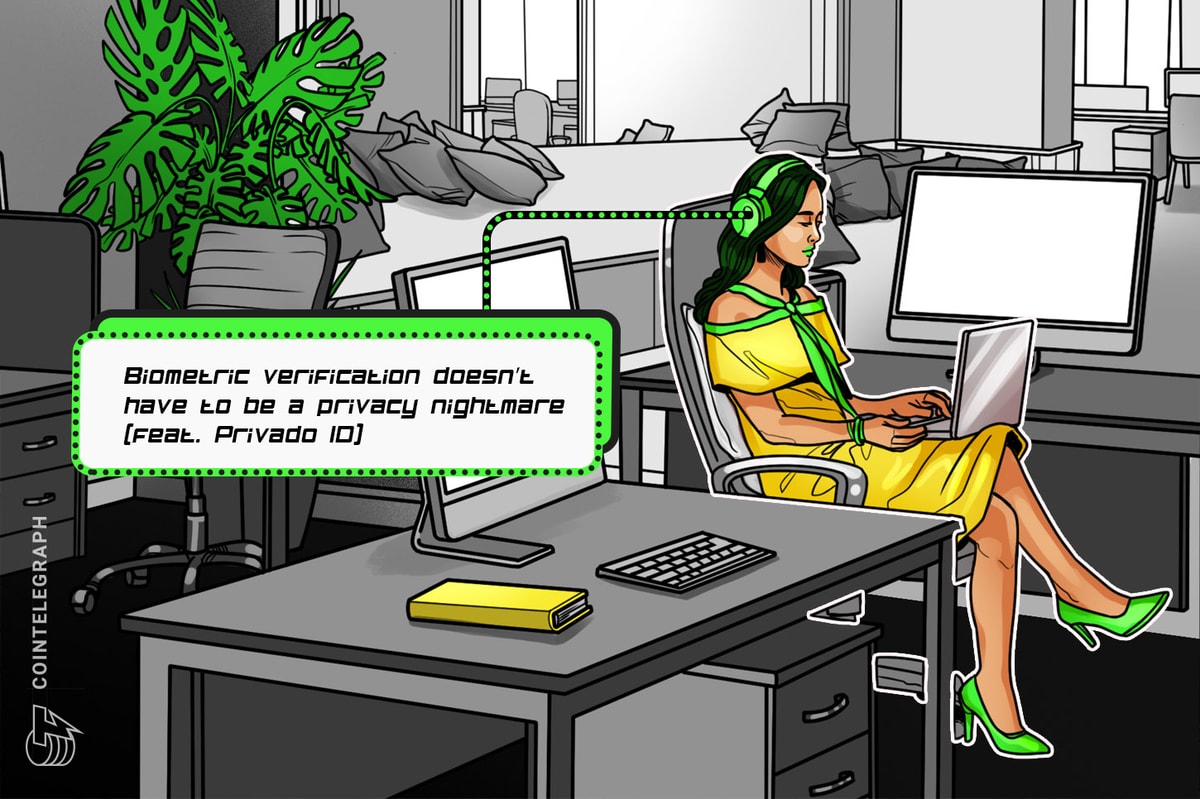Biometric verification is an everyday part of life, but Privado chief product officer Sebastian Rodriguez says users should be curious about how service providers use their data.
Podcast
Own this piece of crypto history
Biometric verification has become a routine part of everyday life. From clocking in at work to logging into a bank account or even just unlocking a smartphone, a scan of the user’s fingerprint or face is frequently used.
For those people who use their biometric data several times per day to carry out routine tasks, what percentage of them ever consider what service providers do with their data?
The news frequently reports on data leaks, hacks and the occasional ransomware attacks on healthcare providers. Considering the lack of clarity over who owns the biometric data submitted to service providers and what they can do with it in the future, users are right to be concerned about how their information is secured and used.
On Episode 45 of The Agenda podcast, hosts Ray Salmond and Jonathan DeYoung explored the topic of data security and biometric privacy with Sebastian Rodriguez, chief product officer at Privado ID.
The ethical implications of biometric verification
While using biometric data to log in to apps and websites is convenient and a good way for users to secure their devices and accounts, Rodriguez warned that users should be concerned about giving service providers access to their data in “perpetuity.”
“When I am giving biometric data about myself that would allow you or other verifiers to identify me at perpetuity, what I am selling is what I am. And the ethical implication here is, I think, that there is an asymmetry of information.”
In response to a question about play-to-earn-style programs that compensate people for their time, computing power or other activities, Rodriguez suggested that providing or even selling your biometric data differs.
He explained that when he plays a game to earn money, he knows “the scope of my activity. I’m selling my time.” Unlike play-to-earn incentives, submitting or selling one’s biometric data differs, especially when considering that all the future uses and value of this data are currently unknown.
“When I sell my biometric identity, I don’t think most people will understand the long-term implications of this.”
This article first appeared at Cointelegraph.com News
